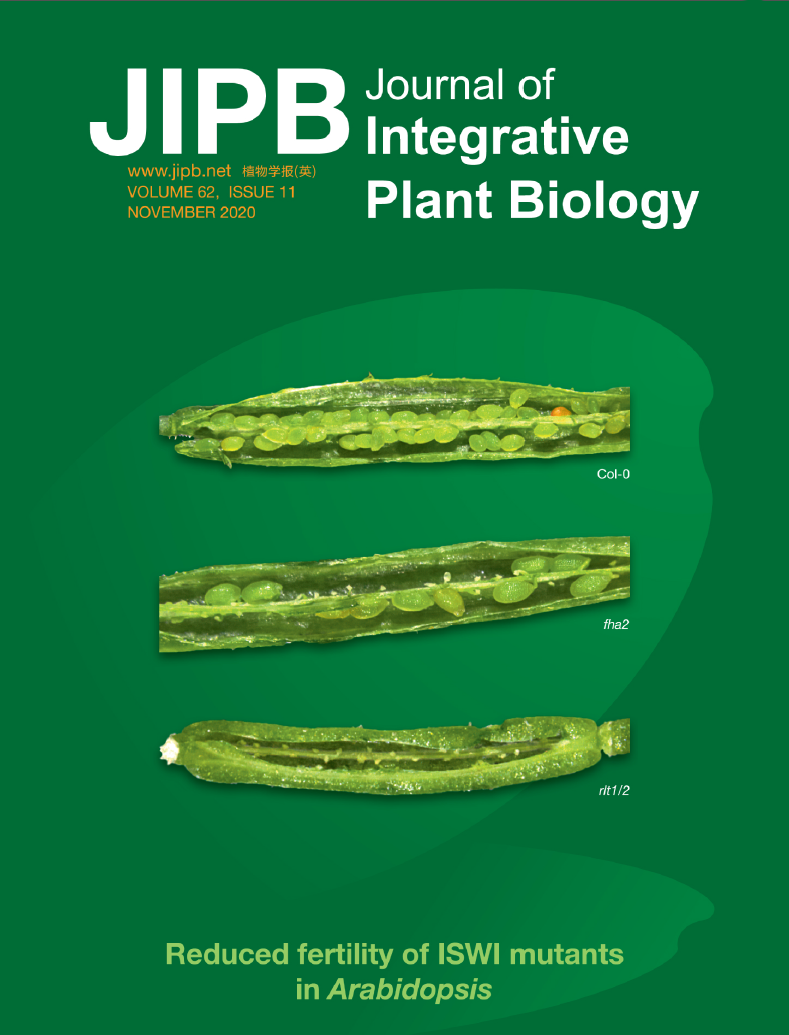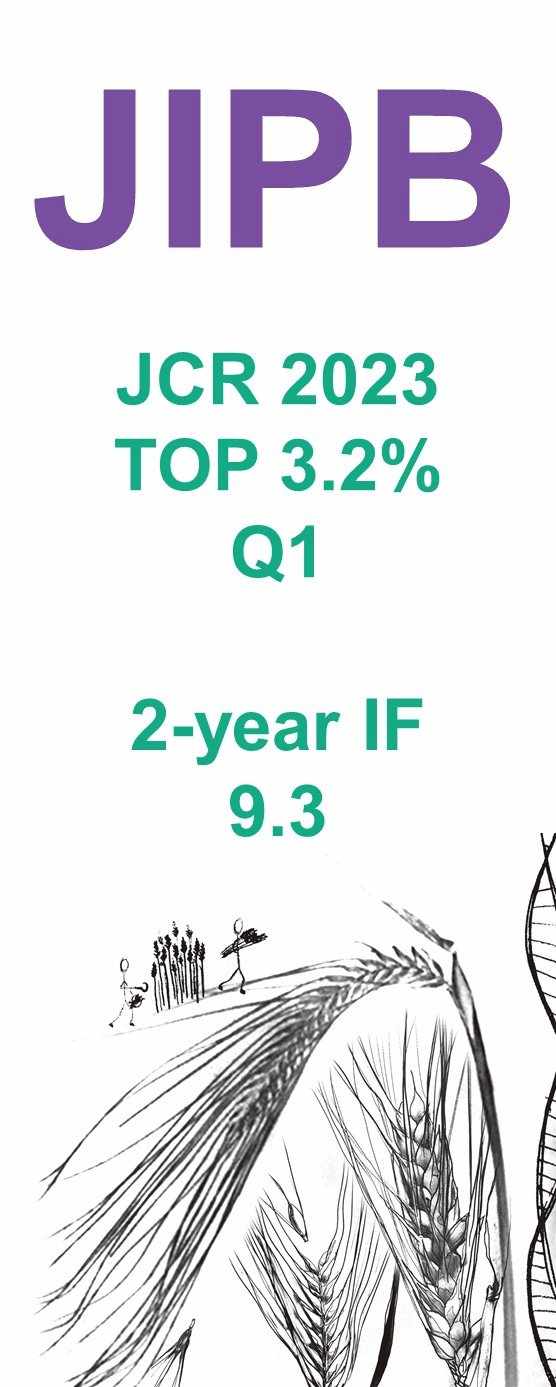Author: Liuyi Yang, Yan Zhang, Rongxia Guan, Sen Li, Xuwen Xu, Shuqun Zhang and Juan Xu
Secondary plant metabolites, represented by indole glucosinolates (IGS) and camalexin, play important roles in Arabidopsis immunity. Previously, we demonstrated the importance of MPK3 and MPK6, two closely related MAPKs, in regulating Botrytis cinerea (Bc)‐induced IGS and camalexin biosynthesis. Here we report that CPK5 and CPK6, two redundant calcium‐dependent protein kinases (CPKs), are also involved in regulating the biosynthesis of these secondary metabolites. The loss‐of‐function of both CPK5 and CPK6 compromises plant resistance to Bc. Expression profiling of CPK5‐VK transgenic plants, in which a truncated constitutively active CPK5 is driven by a steroid‐inducible promoter, revealed that biosynthetic genes of both IGS and camalexin pathways are coordinately upregulated after the induction of CPK5‐VK, leading to high‐level accumulation of camalexin and 4‐methoxyindole‐3‐yl‐methylglucosinolate (4MI3G). Induction of camalexin and 4MI3G, as well as the genes in their biosynthesis pathways, is greatly compromised in cpk5 cpk6 mutant in response to Bc. In a conditional cpk5 cpk6 mpk3 mpk6 quadruple mutant, Bc resistance and induction of IGS and camalexin are further reduced in comparison to either cpk5 cpk6 or conditional mpk3 mpk6 double mutant, suggesting that both CPK5/CPK6 and MPK3/MPK6 signaling pathways contribute to promote the biosynthesis of 4MI3G and camalexin in defense against Bc.




 Scan the QR code to view JIPB on WeChat
Scan the QR code to view JIPB on WeChat













